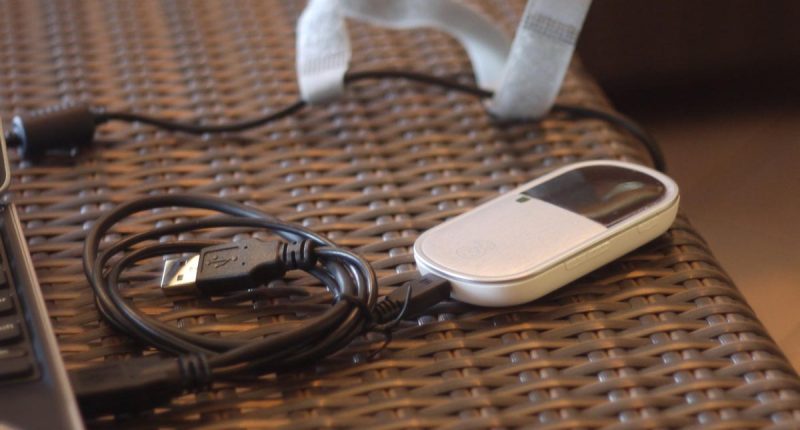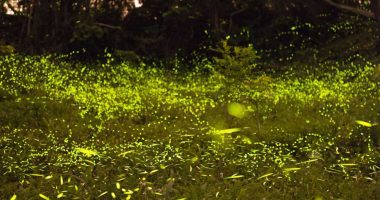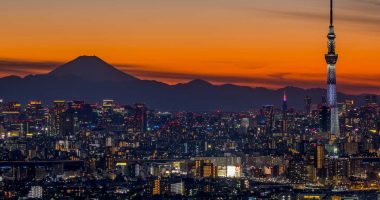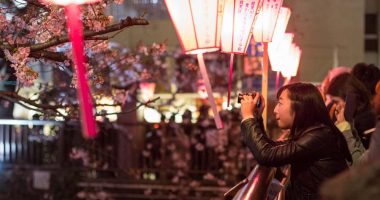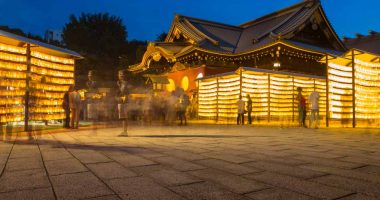Public WiFi
Starbucks, Tully’s Coffee, as well as some of the department stores like Tokyu Hands offer free WiFi to customers, as do most subway and JR train stations. Moreover, the Japan Connect-Free WiFi app (iOS | Android) gives you access to over 160,000 spots.
Rental Routers
Rental routers are the most popular option for tourists who don’t want to be searching for free public WiFi spots every time they want to connect. While it does mean that you’ll have a separate device to carry around, they are typically small, light, and multiple devices can connect to the router at the same time—especially handy if you’re traveling in a group. The downside is that battery life typically isn’t great, and if you’re out all day you’ll either need to turn it off when not in use and/or carry around a portable battery charger to keep the data flowing (you can pick one up at the convenience stores for a few thousand yen).
Prices obviously fluctuate with download limits but about ¥800-1,200 per day is typical. You can either pre-book online and collect at the airport or have it delivered to your accommodation, or sign up at the the airport, although leaving it until after you arrive means there is a slight risk of the router rental company having run out of devices. Below is list of some providers.
Pre-paid SIM cards
If don’t want the inconvenience of carrying around a separate device, then you could opt for a pre-paid data SIM. Similar to the rental routers, you can pre-order these and collect them at the airport, but some of the electronics chains such as Bic Camera will also stock them. You purchase SIMs with a set data limit that is valid for a fixed time period upon activation, e.g. 5GB active for 21-days. This should be fine for checking emails and general surfing, but for heavier internet use then a wireless router will work out cheaper. Also, setting up the pre-paid SIMs involve changing your Access Point Name (APN) settings on your mobile phone or tablet (instructions will be provided). Below is a list of some providers.
